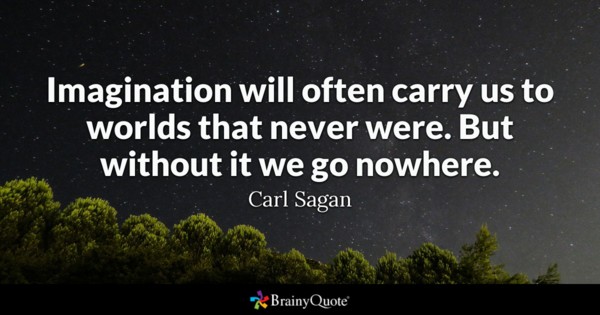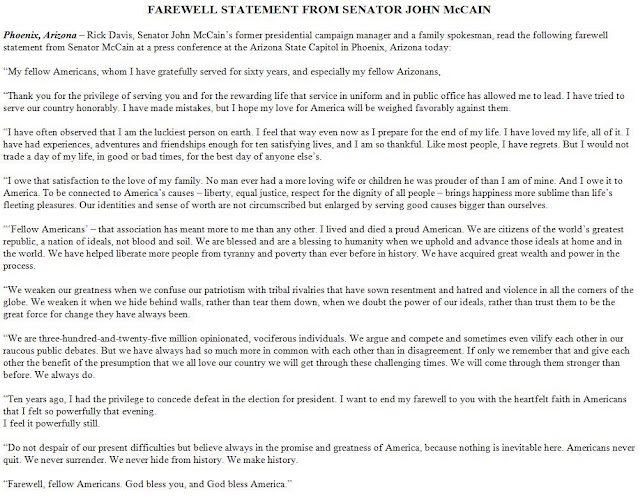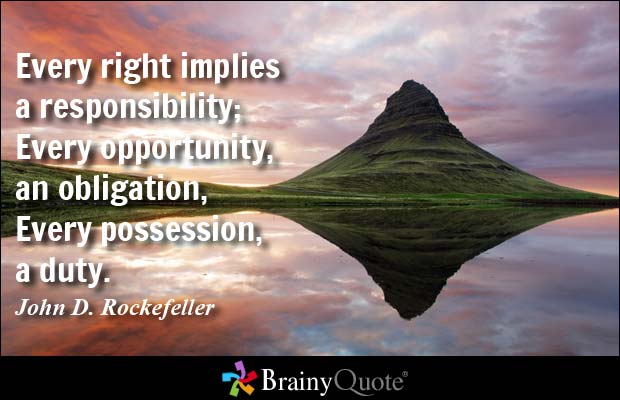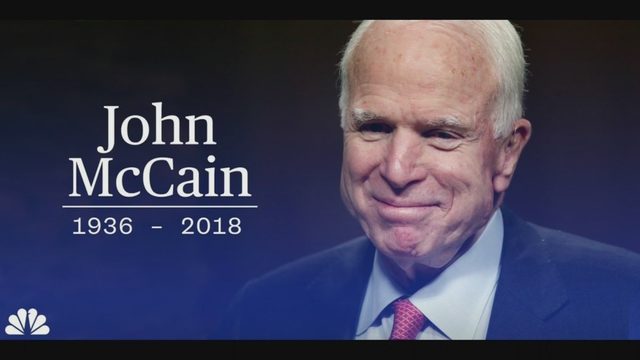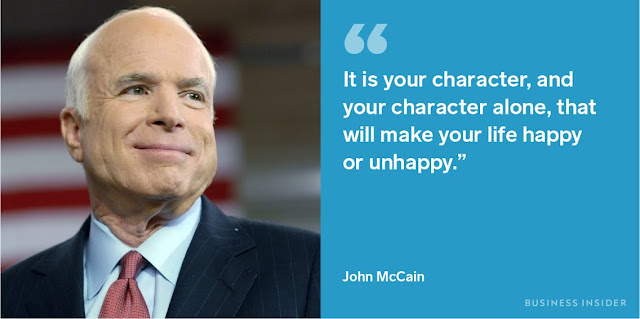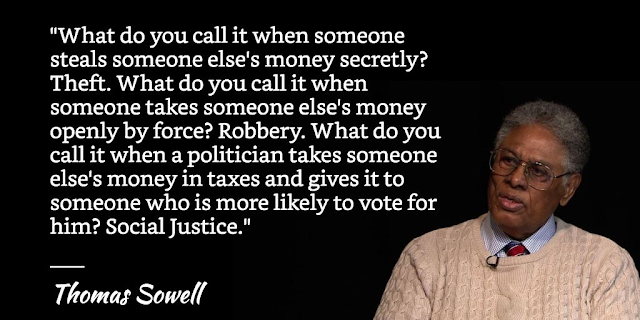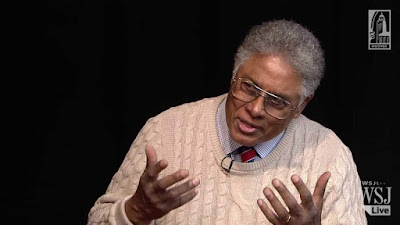New figures from the Office for National Statistics show that the number of children in workless households is at a record low, as we build a stronger and fairer economy. · One of the best ways to tackle poverty and give children a better chance in life is to have a working adult in their household, as it gives them a role model to learn from and brings financial security to the home. · The number of children in workless households is at a record low. Compared to 2010, there are 637,000 fewer children living in a workless household – and 300,000 fewer children living in absolute poverty. · Since 2010, the number of workless households has fallen 964,000. Over this period, an average of 1,000 people have entered the workplace every day, as our plans to build a stronger, fairer economy continue to create more jobs across the country.
